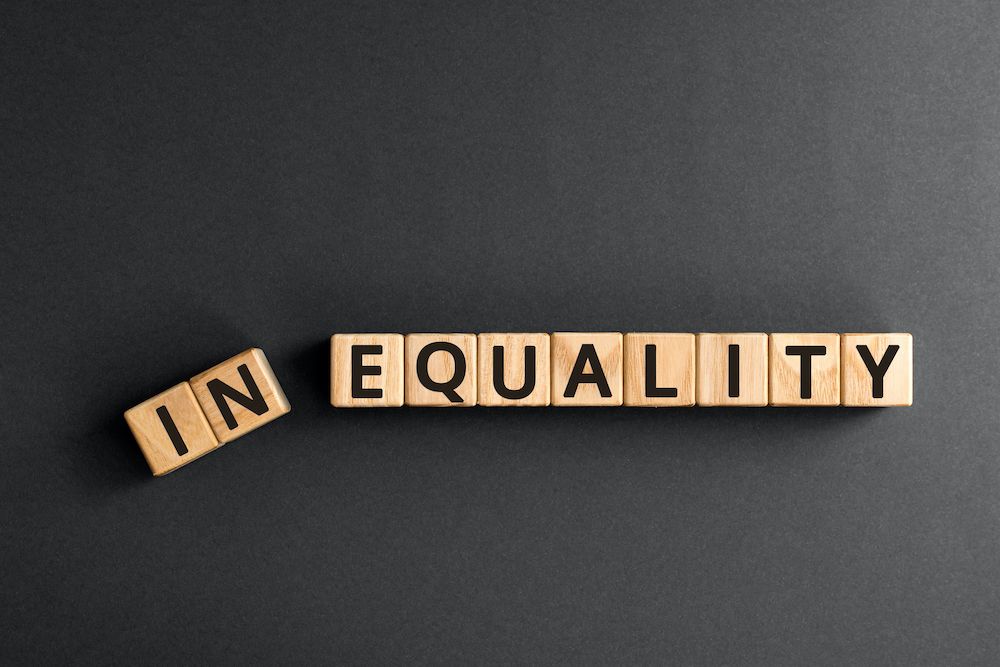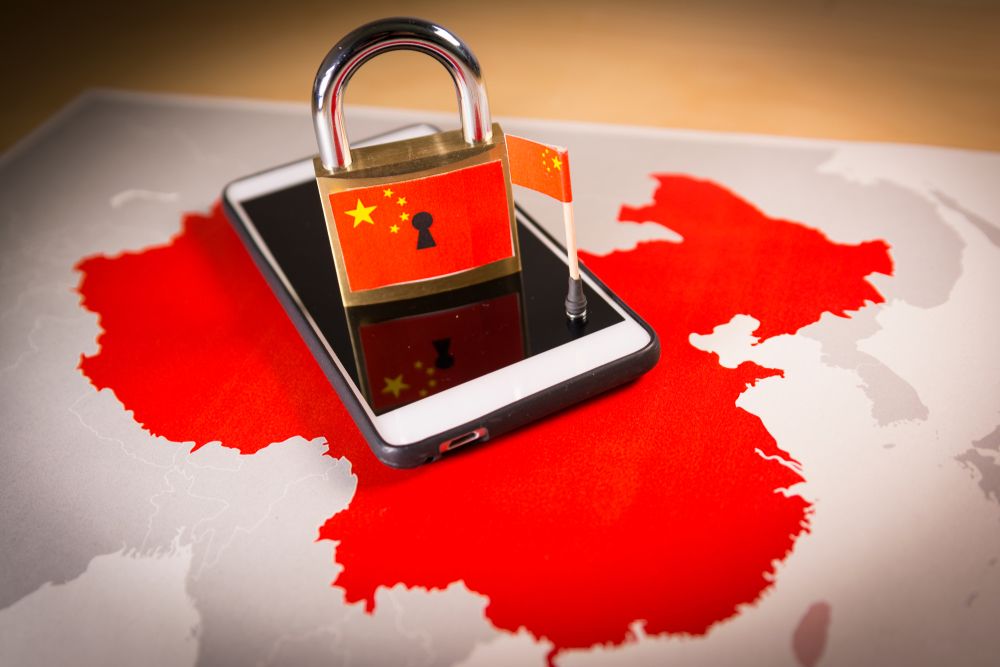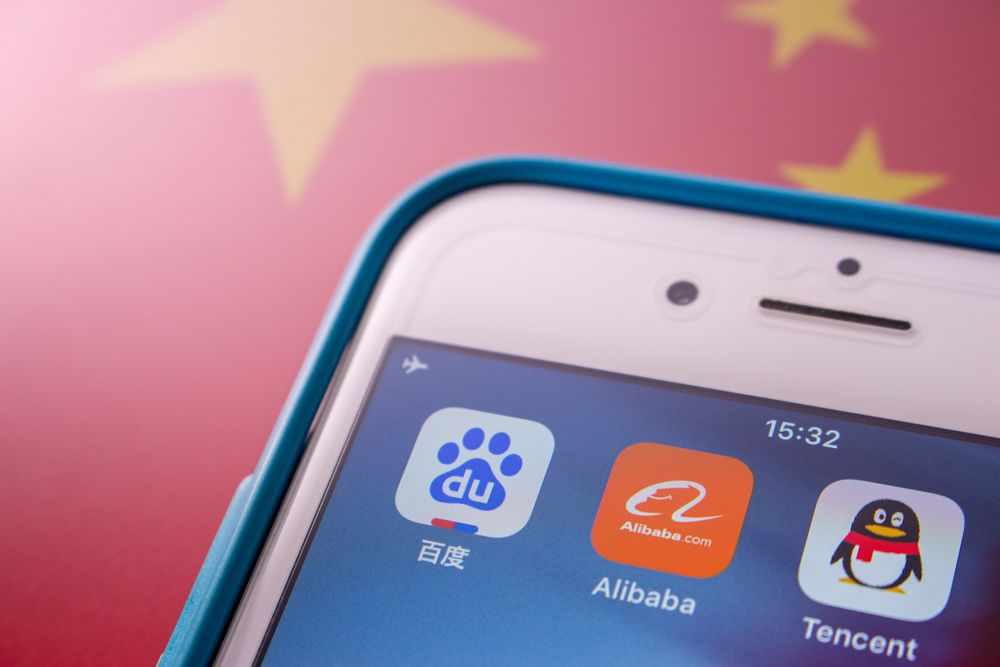China's society
between personal freedom and state control

Such or similar sentences outline the feeling of freedom of Chinese people in the year 2021:
"The atmosphere is increasingly becoming as tense again as it was during the Cultural Revolution," "I don't feel the least bit monitored or oppressed, as is often described in your media," and finally "China's society is freer than ever before in the history of the People's Republic" - the latter sentence is an internalized code for many Chinese not to express or have to express an opinion directly about the present.
All of these sentences describe part of the reality in the People's Republic. With the beginning of the reform and opening-up period in 1978, the leadership of the Chinese Communist Party (CCP) reduced the extent of its control over the social and private lives of the population. It opened channels for the international exchange of goods and ideas to promote economic development. Lifestyles, consumption patterns, and value systems have become more pluralistic in the ensuing three decades. New technologies and social media enable new forms of information, communication and opinion-forming.
But since the inauguration of party and state leader Xi Jinping, the CCP leadership has again restricted not a few of these freedoms. The concern was and is too great that its own cadres - similar to the former Soviet Union - will resign internally and at some point also externally if they know that their assets and families are safe. The fear is also too great that the pluralism of opinions and interpretations in the social media or at the universities will put too many "Western ideas" about co-determination and transparency into the heads of the country's own citizens. Therefore, under the primacy of security, which he sometimes successfully communicates to his own people as "stability," party leader Xi relies on old and new forms of control. These include rigid censorship measures, ideological mobilization at universities and schools, and an increasingly ubiquitous digital surveillance system with the help of cameras in public spaces or the reading of cell phone data - pushed forward in particular in the wake of the Covid-19 pandemic.
For many, freedom therefore means all the more placing consumption at the center of finding identity and self-realization: "I buy, therefore I am." Consumption is growing fastest in the areas of health, education and social services, for example for domestic help. On what is known as China's Black Friday, Singles Day, on Nov. 11, companies such as Alibaba make about $75 billion in sales through lucrative discount offers and gamified advertising. Consumption is an expression of a new prosperity for more than a few.
People from very different professional groups can be found in the middle of Chinese society: Managers of state-owned enterprises, architects, lawyers or even IT entrepreneurs. They are all relatively well educated, have a stable income and can put some money aside. Based on such criteria, around 400 to 600 million people belong to this "middle class.

Rigid censorship measures, ideological mobilization at universities and schools, and a digital surveillance system in public spaces.
Rigid censorship measures, ideological mobilization at universities and schools, and a digital surveillance system in public spaces.

Consumption as identity search and self-realization?
Consumption as identity search and self-realization?


However, the income gap between urban and rural areas and between coastal and inland regions remains enormous. This gap widened again for the first time in 2016. Both aging and the surplus of men are a burden on social development. Lifeworlds show great differences: Cosmopolitan Chinese start-up entrepreneurs feel closer to their counterparts in the USA than Chinese employees of a state-owned enterprise.
Party and state leader Xi Jinping has set himself the goal of eliminating some of these inequalities. As planned, he was able to announce at the beginning of 2021 that no people now live in absolute poverty - but only according to the World Bank's absolute lower limit of around 1.90 US dollars per day. According to its definition for middle-income countries (around 5 U.S. dollars per day), which includes China, around 370 million Chinese still live below the poverty line.
From the perspective of the CP leadership, concentration on consumption and increasing one's own prosperity should keep the population from demanding political participation. In the concrete lifeworlds of the urban middle class, however, these two areas are linked: Condominium ownership, so important as a security and status possession, has led to growing demands among apartment owners against real estate developers and property management. A political commitment that emerges in this way is closely linked to one's own material interests.
In addition, the CCP is increasingly encroaching on commercial freedoms in the name of social stability and public morality. The list of topics that Chinese online media are not allowed to address is getting longer and longer: In addition to topics such as pornography and violence, any audiovisual content distributed on the Internet must now be in line with "socialist core values". In the future, content such as homosexuality and "provocative kisses" as well as drug addiction or the "defamation of national heroes" will once again be taboo. The announced restrictions on virtual private networks (VPNs) will also remove the possibility for private individuals in particular to surf the Internet anonymously and unobserved. However, the government's justification of maintaining "social security" through these measures, e.g., protecting Internet users from scammers or rumors, also meets with approval and understanding.
How Chinese society develops, including in its relationship with the Chinese government, depends on three dynamics:
- The fascination of technology
- The dynamics of consumerism
- The Constitution of Chinese Society
The fascination of technology:
Simple convenience or critical use?

China is a digital pioneer society. More and more Chinese live a primarily digital life. There is hardly an area that is not permeated by online services and corresponding apps.
In doing so, they primarily use domestic ecosystems, which can promote a certain encapsulation effect from other opinions in their own country and from the international Internet user (netizen) community. In this way, they also diligently provide data primarily to the Chinese state. Will substantial segments of the population buy into this, or will social groups pursue interests divergent from Beijing's efforts? Example: stronger protection of private data vis-à-vis the state.
The dynamics of consumerism:
destructive pull or balanced force?
The guideline issued by Deng Xiaoping in the 1980s, "Some shall get rich first," has enabled enormous gains in prosperity, but at the same time set in motion a rapid and extreme commercialization of Chinese society.
Consumerism has become a dominant value orientation in society.
It remains to be seen in what way spiritual-religious values, newly discovered traditions and charitable commitment can create a sense of life and moral standards in Chinese society beyond one's own material well-being. It will also be interesting to see when the Chinese government's increasing censorship interventions in the entertainment sector will trigger major protests from celebrities and their fans.

The Constitution of Chinese Society:
Reflective polity or irrational mass?
Growing civic engagement, public debates, virtual campaigns and well-considered protest organization show the effort of many Chinese to constructively deal with the pluralism of interests. New since 2016 are online campaigns and also protests for women's rights and LQBTQ.
Nevertheless, very irrational, hysterical behavior occurs time and again, such as violent attacks on doctors, mass shopping sprees on Singles' Day promoted by e-commerce providers or xenophobic attacks against Japanese, Koreans or even U.S. Americans. It remains important to observe to what extent China's youth in particular is susceptible to an anti-Western sentiment or even radical nationalism that is repeatedly fomented latently by the Chinese government.
Text by Kristin Shi-Kupfer, Professor of Sinology at Trier University and Senior Associate Fellow at MERICS. She is an expert on China's digital policy, media policy, civil society and human rights.
This text has been published in parts in Kerwer, Jürgen; Röming, Angelika (2018). The People's Republic of China - partner and rival (forum hlz). Hessian State Agency for Civic Education